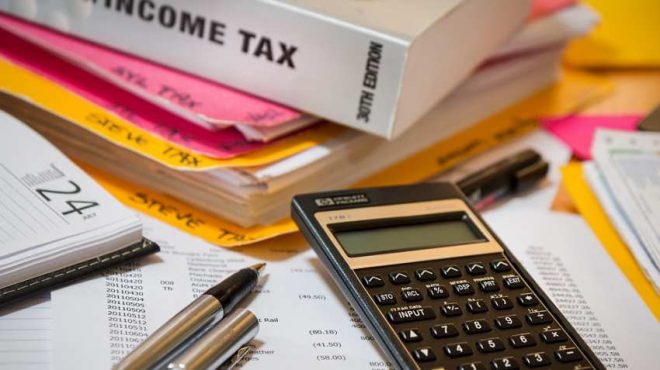The due date for filing income tax returns for AY 2021-22 has been extended by three months to December 31, 2021.
The government recently extended the date of filing income tax returns for the Assessment Year 2021-22 by three months. The due date for filing income tax returns for AY 2021-22 has been extended by three months to December 31, 2021. As per the guidelines from the CBDT, if an individual taxpayer misses the income tax return (ITR) filing deadline of December 31, 2021, then they will have to pay a late fee and file the belated ITR. Initially, it was 31 July 2021, but now one can file till 30 September 2021. However, there are a number of to-do things before filing for the income tax return. Let’s check the to-do list if in case you missed something.
Link your Aadhaar with PAN: This is one of the most important tasks to perform before filing for your return. You need to link your permanent account number (PAN) with your Aadhaar.
Link PAN and Bank account: Link your bank account with your PAN. The income tax department will only transfer refunds online to your bank account. In case you have forgotten to link your PAN with your bank account then you won’t get the refund.
Declare Tax saving investments: For claiming deductions and exemptions under various sections while filing ITR, you will need to make the investments declaration. For this, you will have to check how much more you need to invest under Section 80C. This is after your employees’ provident fund (EPF), tuition fees paid for self and child education, life insurance premium paid, etc.
Late ITR filing: It is advisable to file your return before the due date. But if you have missed out due to any reason then you can file a late return. However, with a penalty of Rs 10,000 for those with taxable income above Rs 5 lakh. For those with income up to Rs 5 lakh, the penalty is Rs 1,000.
Income declaration in case of new job: If you have changed jobs during the financial year, it is important that you declare your income for the previous employer to the current employer. If not, then your employers may calculate your tax liability after accounting for the deductions again.
Submit proofs to your employer: At the start of the fiscal year, employees should make declarations regarding the investments they plan to do during the year. The employer deducts tax on the basis of those declarations.
Submit 15G/15H form: If you don’t have a taxable income then you need to submit a 15G/15H form with your bank to avoid TDS deduction on the interest earned. Most of the time banks deduct TDS in case the interest income is more than Rs 10,000 across the accounts.
Check for the capital gains tax: If you have incurred capital gains during the year, it is better to pay the capital gains before tax filing. If not then you may have to pay it with interest at the time of filing the return.
Check Form 26AS: Your Form 26AS shows the TDS deducted from various incomes during the year. You need to check that the TDS deducted has also been paid to the tax department to avoid any penalty later.



































